Can I replace my car’s engine? In which cases can and/or should it be done, and what precautions should be taken to ensure the proper functioning of your vehicle afterward and in complete safety? Whether your car has suffered an expensive breakdown or wants to change its performance, you may have already wondered whether it is possible to replace your engine and its specific components.
If this operation is possible, there are a few things to know so that your vehicle is always in conformity and approved to circulate in all legality but also and especially in full safety on the public road. So, without further ado, let’s dive into this blog and learn some of the things to know before replacing your car’s engine.
1. Identical replacement: economical
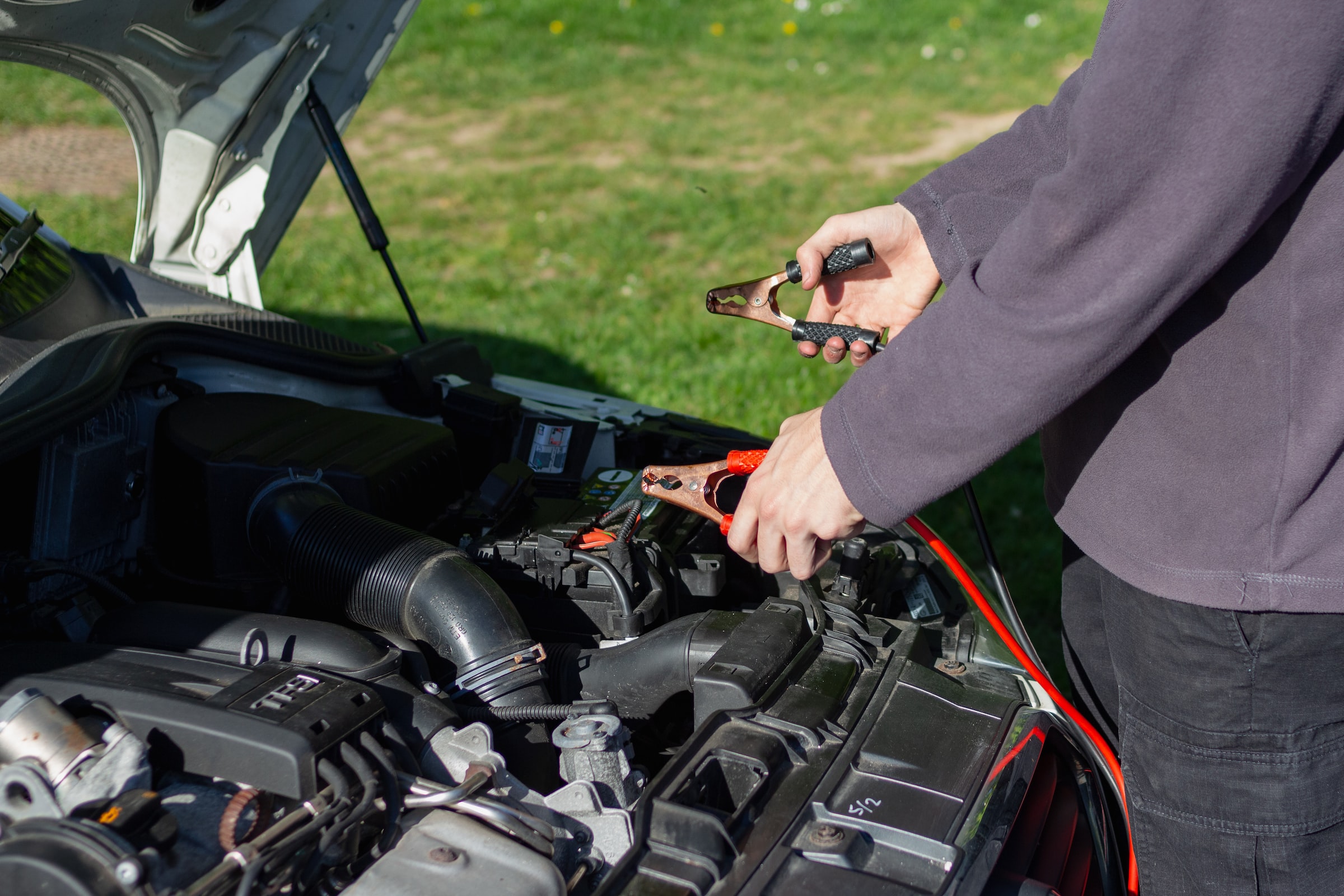
The most common case is the standard exchange, i.e., the replacement of an engine by another identical one. This is a fairly common operation, especially for older and less valuable cars, some of whose failures can be very expensive to repair. If you drive a small 2005 gasoline-powered city car, chances are that a head gasket will cost you more than the value of your vehicle on the used car market, and sometimes simply more than you paid for it yourself when you bought it (this has happened to us!).
On the other hand, it is more economical and much more judicious to look at used engines, often reconditioned and ready to be assembled, which will cost you much less, engine and labor included, if you go through the car garage. If you have the skills and equipment (a workshop crane and a few tools), the operation will be even more economical.
The advantage: an identical replacement that does not involve any technical or power modification, your vehicle remains approved, and you have nothing to declare. Be careful, however, to ensure that the supports and other surrounding elements are also in perfect condition to accommodate your “new” engine and avoid any unpleasant surprises following the operation.
2. Replacement for more power: demanding
If you are looking for higher performance while keeping your current vehicle (perhaps you are the proud owner of a specific configuration that you particularly like), you may be tempted by an engine change (or “swap”) for another model. Here again, the operation is possible in absolute terms but a little less “plug and play”. Depending on the power of your new engine, you may have to replace other elements whose operation has been designed for specific engines.
This is the case, for example, for the brakes, the supercharger, or the gearbox. A vehicle designed for a 130-horsepower engine does not necessarily need the same braking power, for example, as a 250-horsepower engine that can propel it much faster. So make sure that changing the engine and the power does not open the door to dangerous behavior of your vehicle or to risks of bad surprises on the road.
3. Be careful with the insurance!
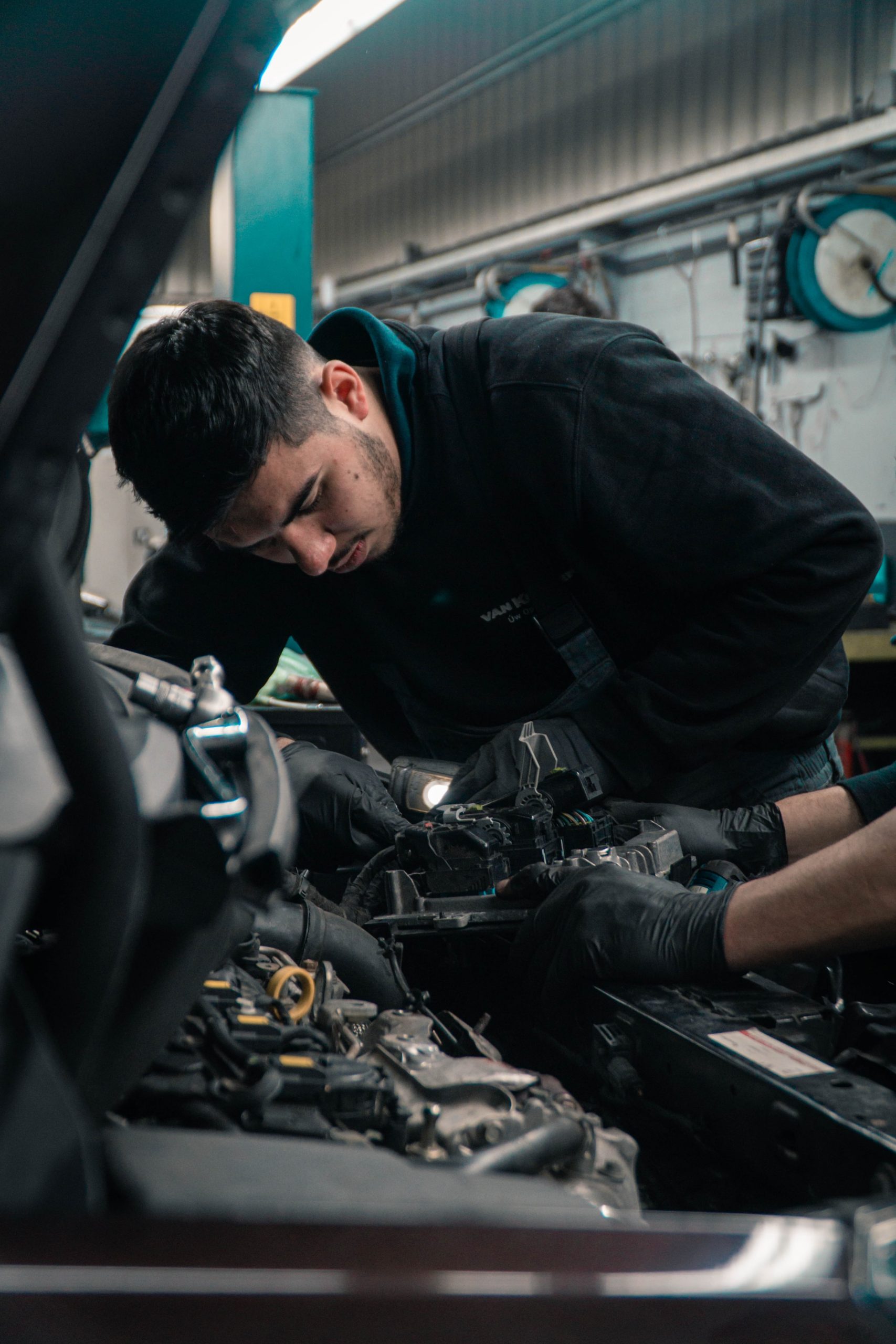
If you are in the second case, you should know that it is extremely important that the modification of your vehicle (in this case of its power) is declared, recognized as being approved and in conformity with traffic, and mentioned on the vehicle’s papers. This information is essential for your car insurance since it is valid for your vehicle in its original configuration.
Clearly, if you have the misfortune to be involved in an accident -which we don’t want you to be with a heavily modified vehicle (it’s the case to say it) and therefore not strictly corresponding to the one mentioned on the registration certificate (on which the insurance company bases its coverage and guarantees), an expert will quickly realize it during the screening of your vehicle, and your insurance company will discover that your car is not homologated.
And at that moment, no gifts: your contract will be immediately cancelled, and all the expenses related to the accident, whether material or, worse, physical, will be at your charge. So be very rigorous when you modify your vehicle (the same goes for reprogramming an engine), a lack of rigor can make you pay for it all your life.
Looking for help?
Operating in Melbourne, Headspec provides professional and reliable engine reconditioning services. Based on the issues identified in their initial diagnosis, their expert team will provide a range of solutions according to your needs and budget. They are currently one of the leaders in engine reconditioning services in Melbourne.
Their wide range of engine reconditioning services includes: cylinder bore repairs and piston replacement, pressure testing, welding alloys, cast iron, fabrication, and machining work. Their team works to exceed expectations on their wide range of services. So, what are you waiting for? Give them a call or visit their website to learn more about their services.

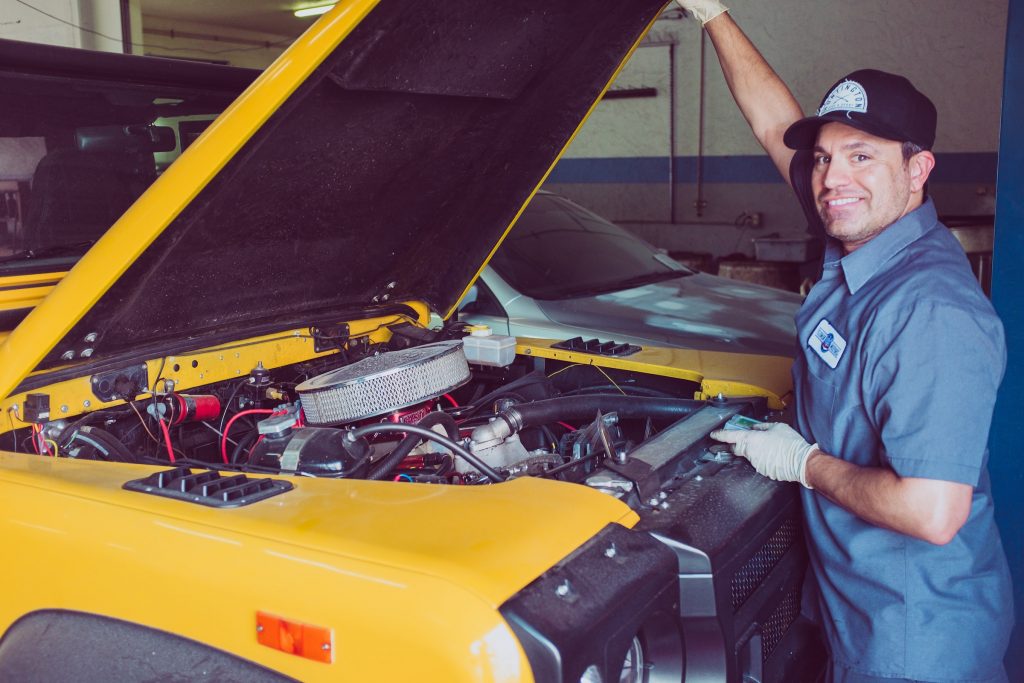
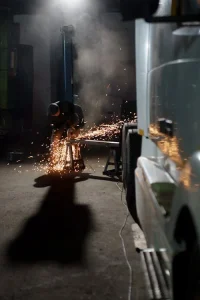
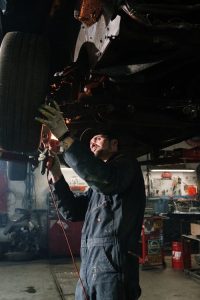

3 thoughts on “Top 3 Things To Know Before Replacing Your Car’s Engine”